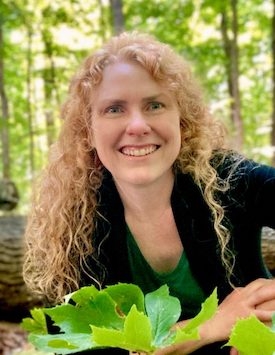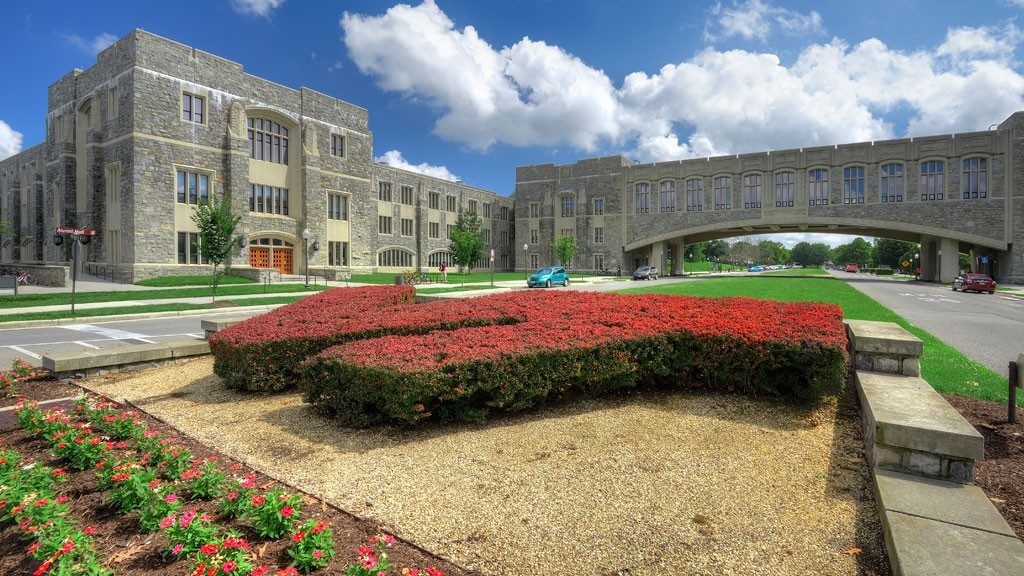Dr. Shannon Bell
FACULTY AFFILIATE | Global Change Center
Sociology
Google Scholar • Dept. Page
540-231-4445 • sbell33@vt.edu

Dr. Shannon Bell is an environmental sociologist whose research focuses on environmental and climate justice, the socio-ecological impacts of fossil fuel extraction on rural communities, just energy transitions, and the Appalachian forest commons. She engages a variety of social science methods in her research, including ethnography, interviews, surveys, and the participatory action research method of Photovoice. Dr. Bell’s work is attuned to the unintended consequences of energy production on marginalized communities, and she seeks to engage constituencies who are often left out of decision-making processes in her research. Dr. Bell is author of two award-winning books: Fighting King Coal: The Challenges to Micromobilization in Central Appalachia (MIT Press, 2016) and Our Roots Run Deep as Ironweed: Appalachian Women and the Fight for Environmental Justice (University of Illinois Press, 2013). Dr. Bell’s current research projects focus on inequities in the Appalachian wild-harvested herbal supply chain, the effects of natural gas pipeline development on rural communities, and an examination of power relations, values, and structural inequalities in renewable energy decisions and transitions.
Dr. Bell is a Professor in the Department of Sociology at Virginia Tech and a faculty affiliate of the Appalachian Studies Program, the Women’s and Gender Studies Program, the Alliance for Social, Political, Ethical, and Cultural Thought (ASPECT), the Center for Coastal Studies, and the Climate Action Living Laboratory.
In her free time, Dr. Bell can be found removing invasive plant species from her neighborhood forest and cultivating at-risk native understory herbs, such as ramps, goldenseal, and American ginseng, to help restore forest biodiversity. Through her affiliation with the Global Change Center, Dr. Bell is interested in exploring the development of initiatives that combine invasive plant species removal and forest farming/forest gardening of native plants as a potential community-based forest restoration strategy on public lands.




